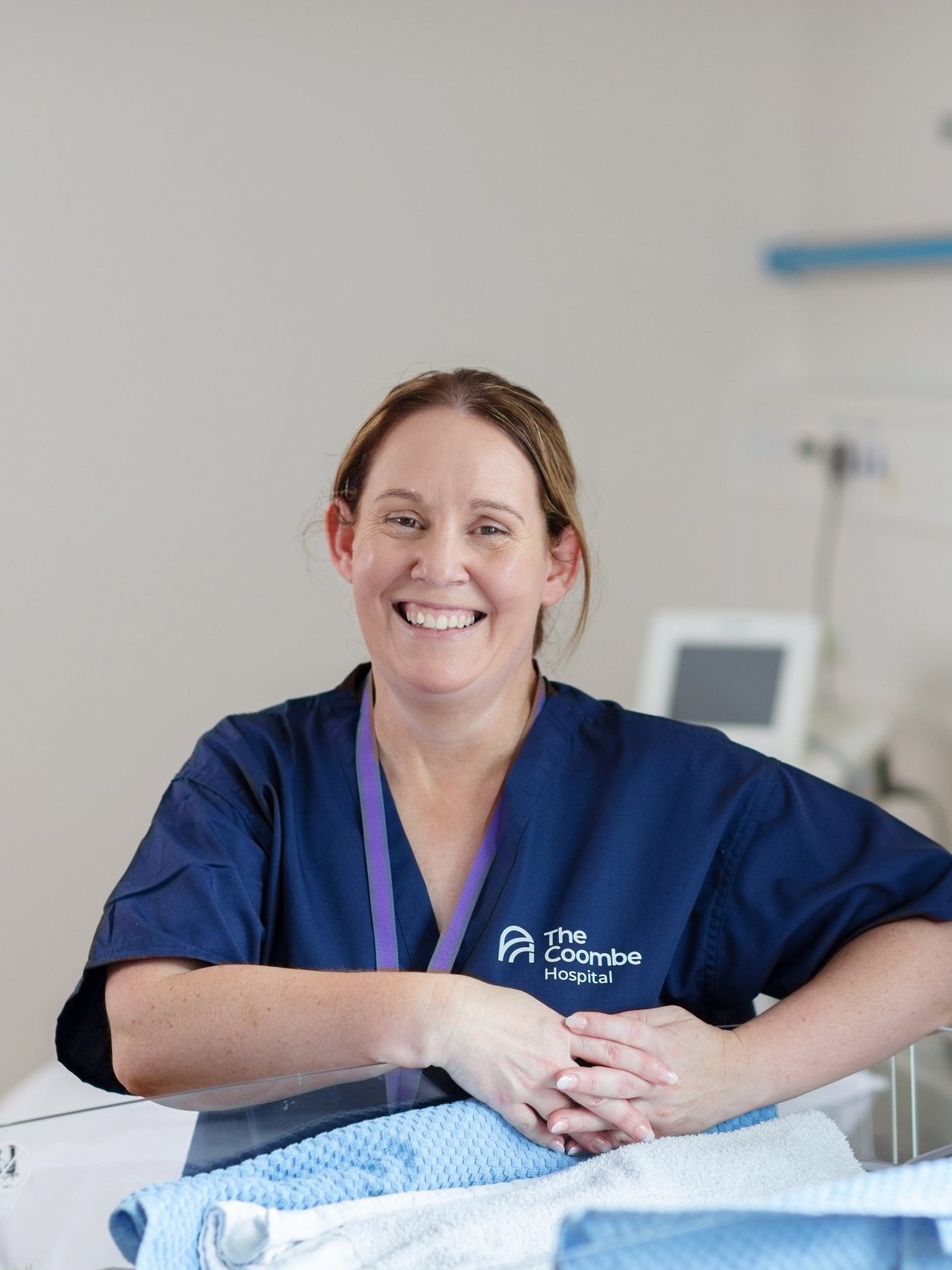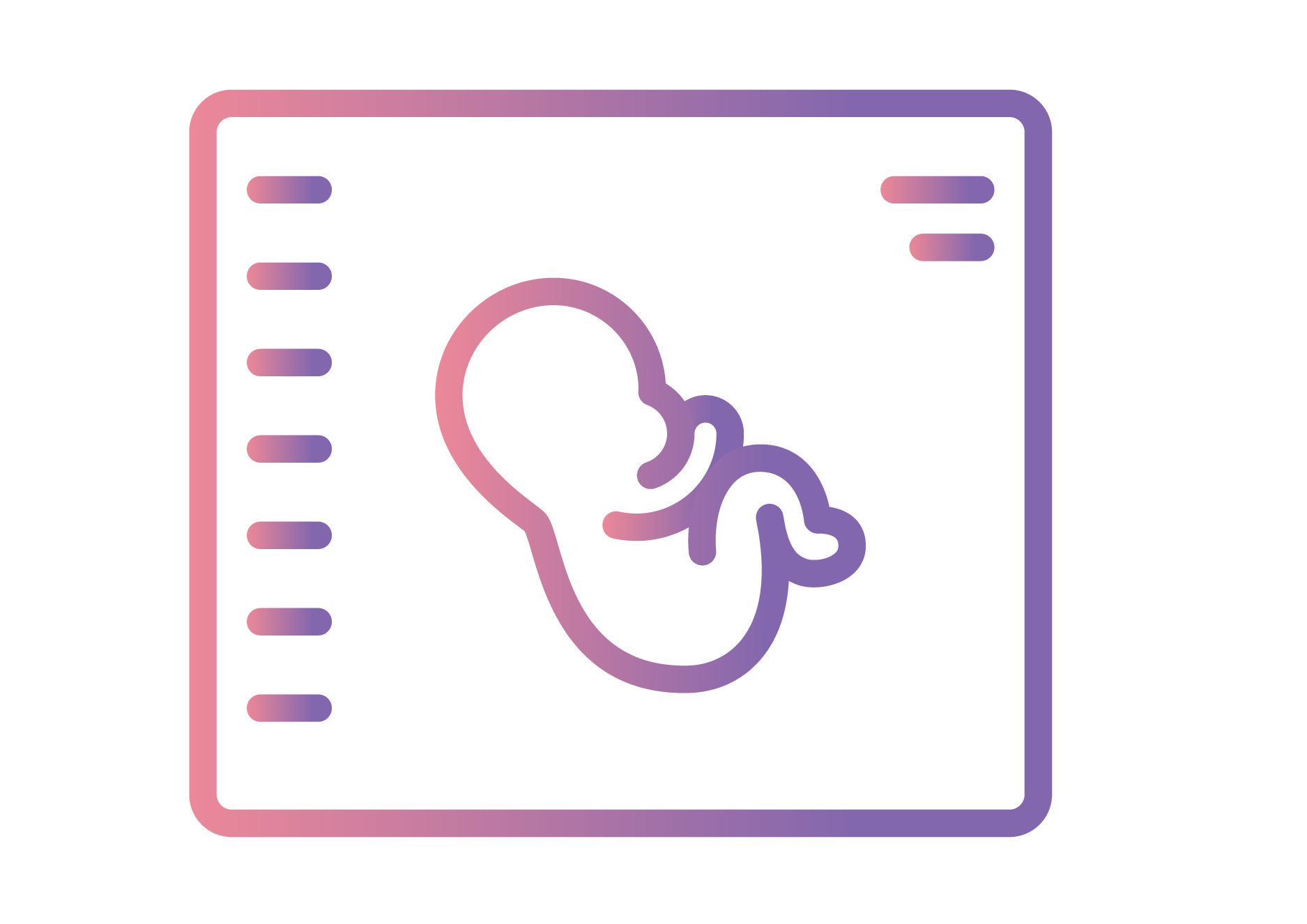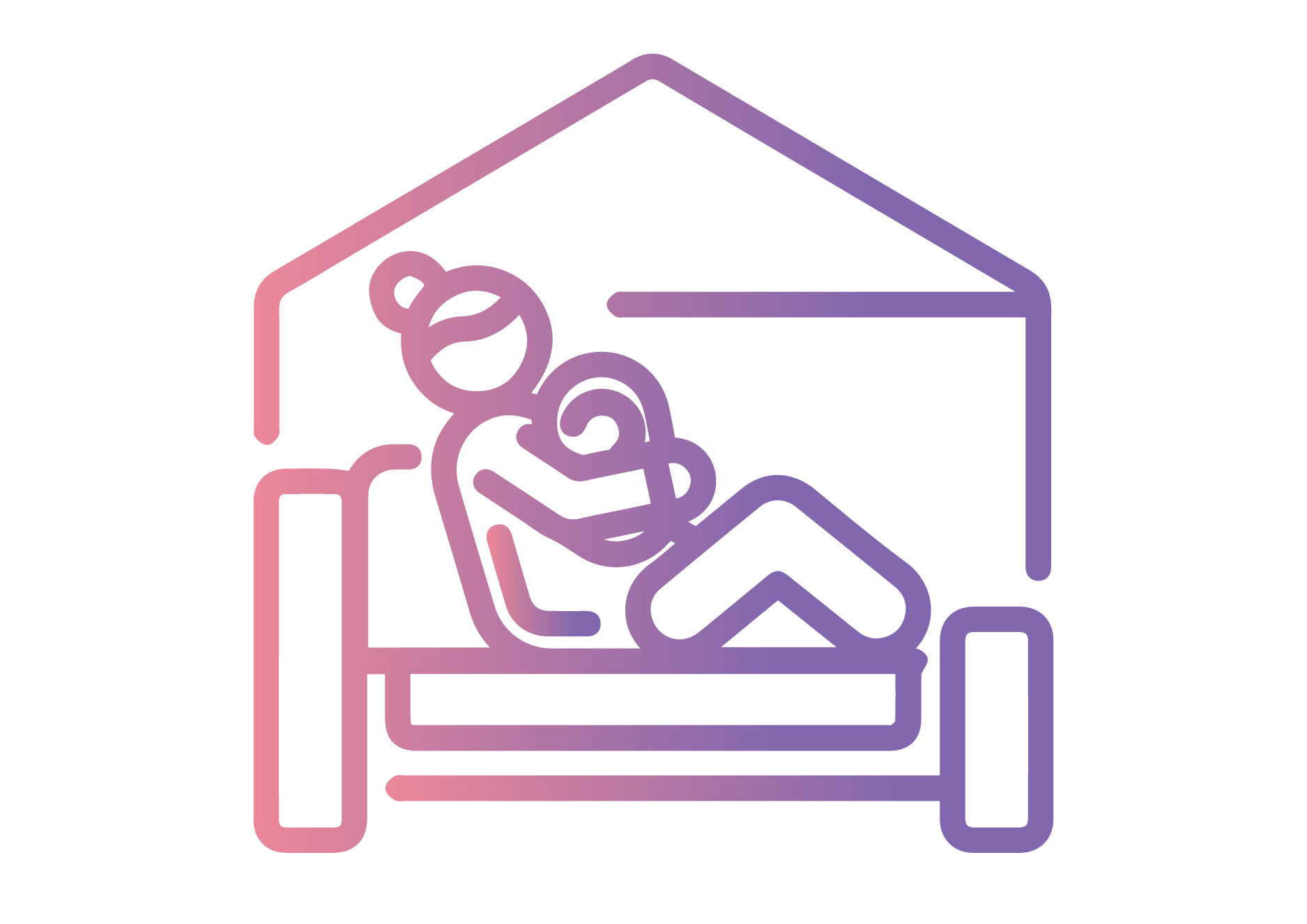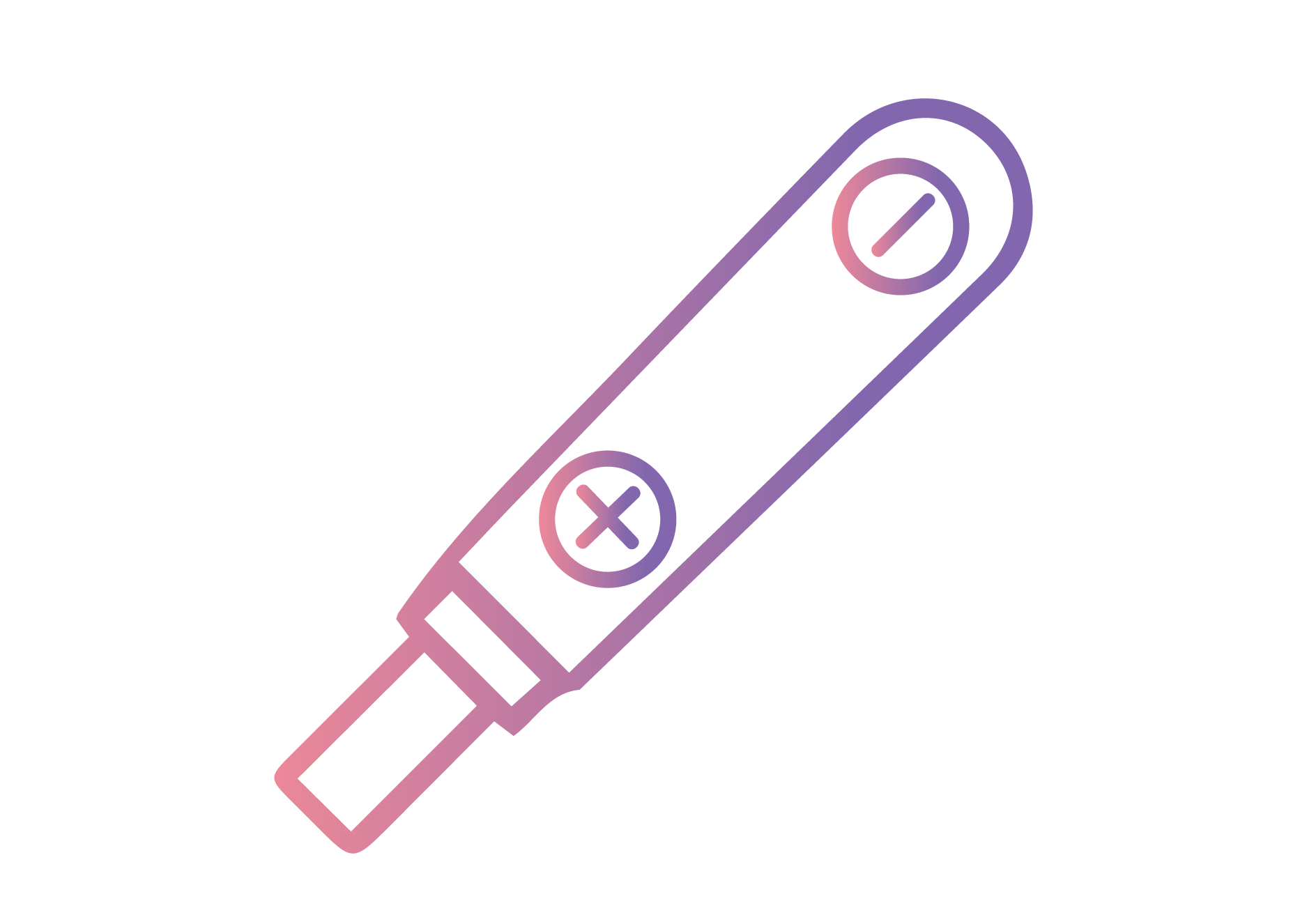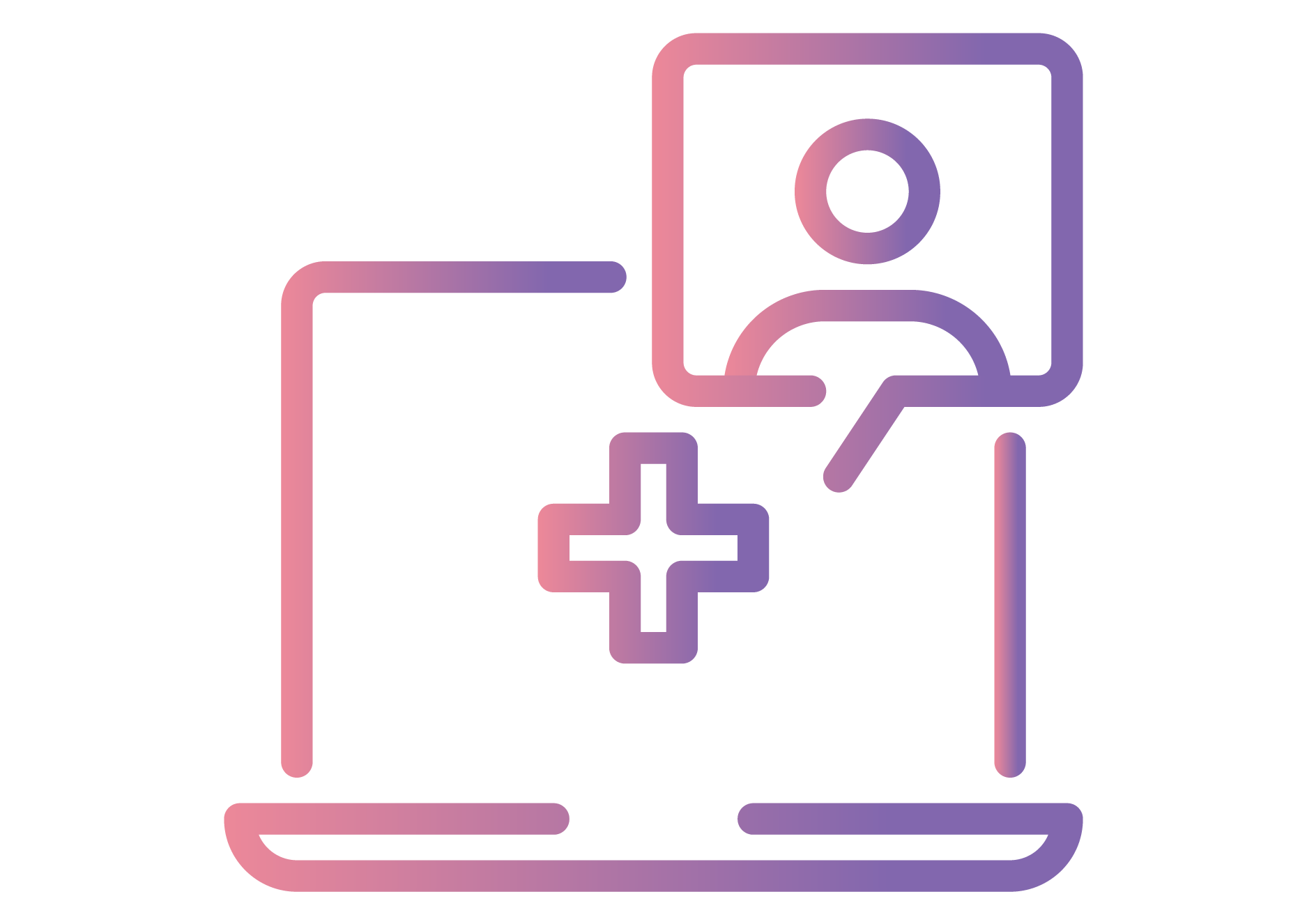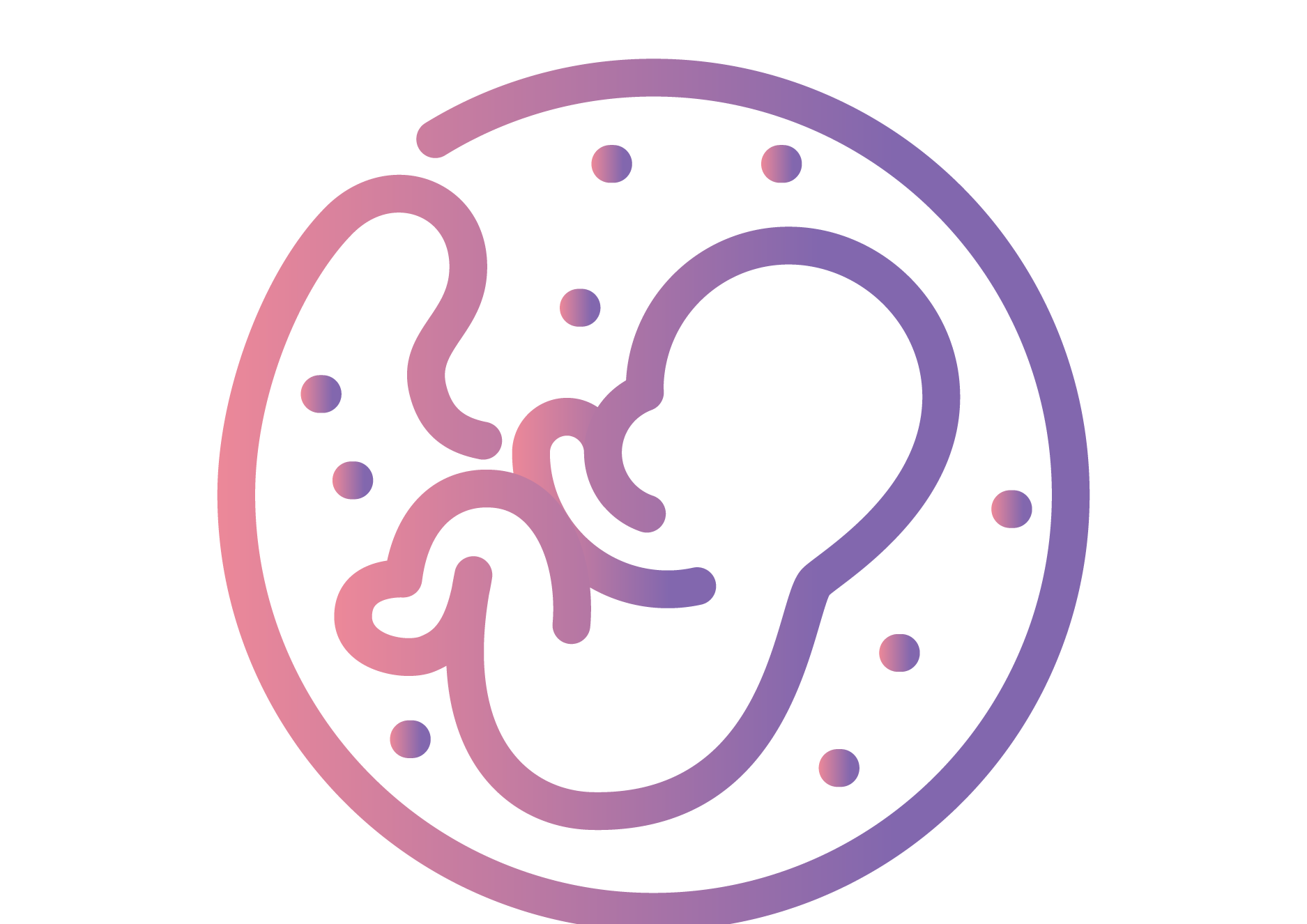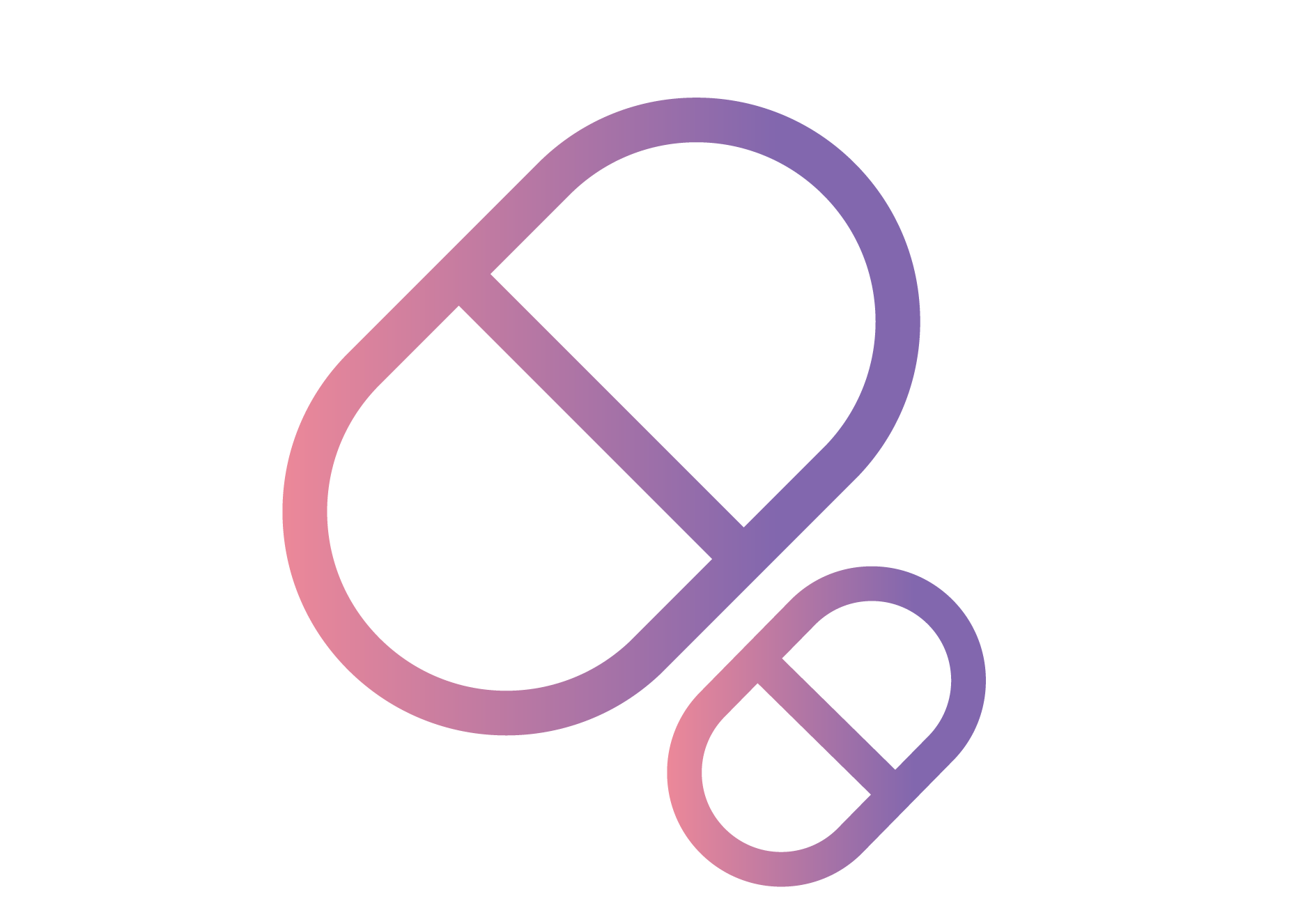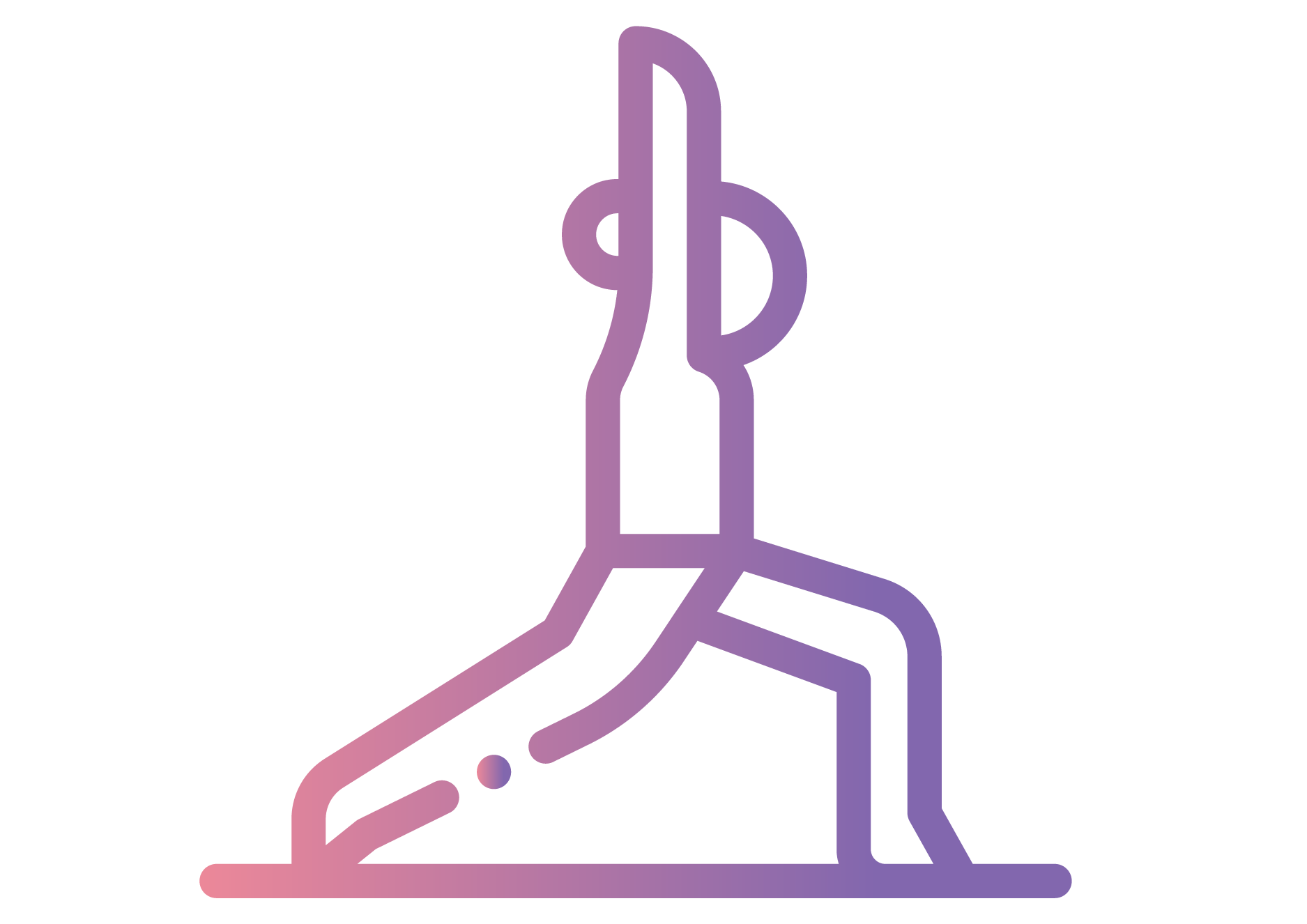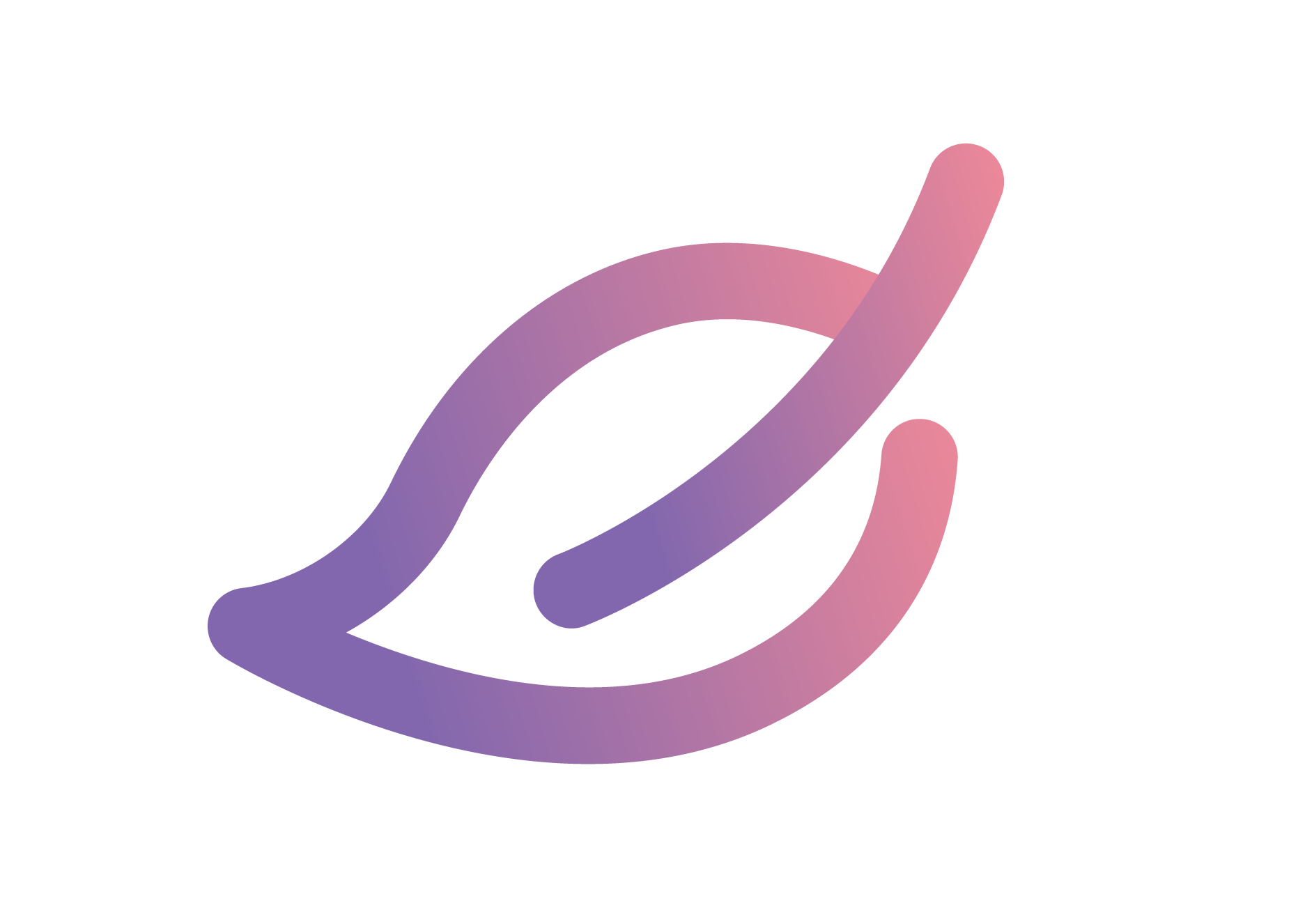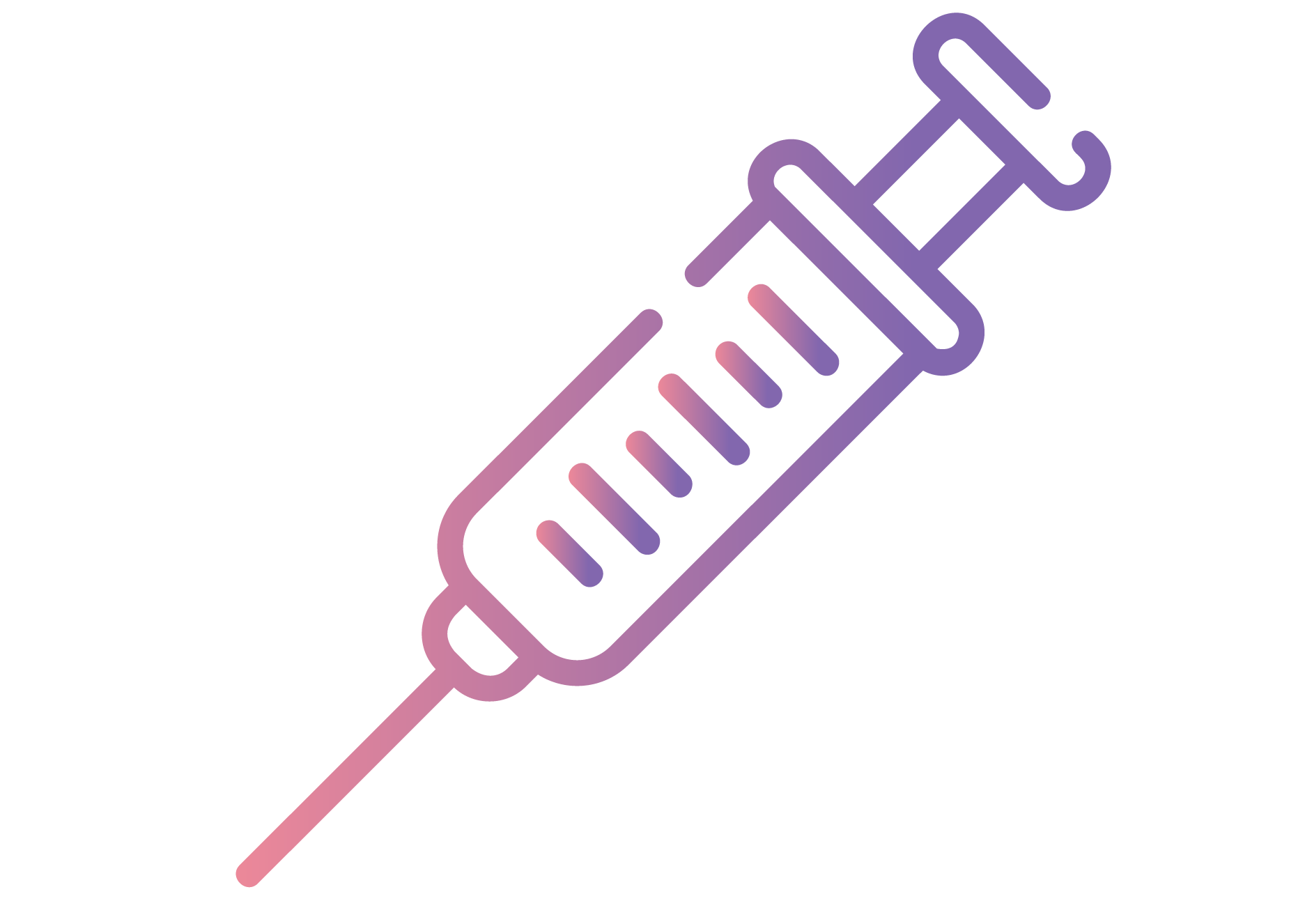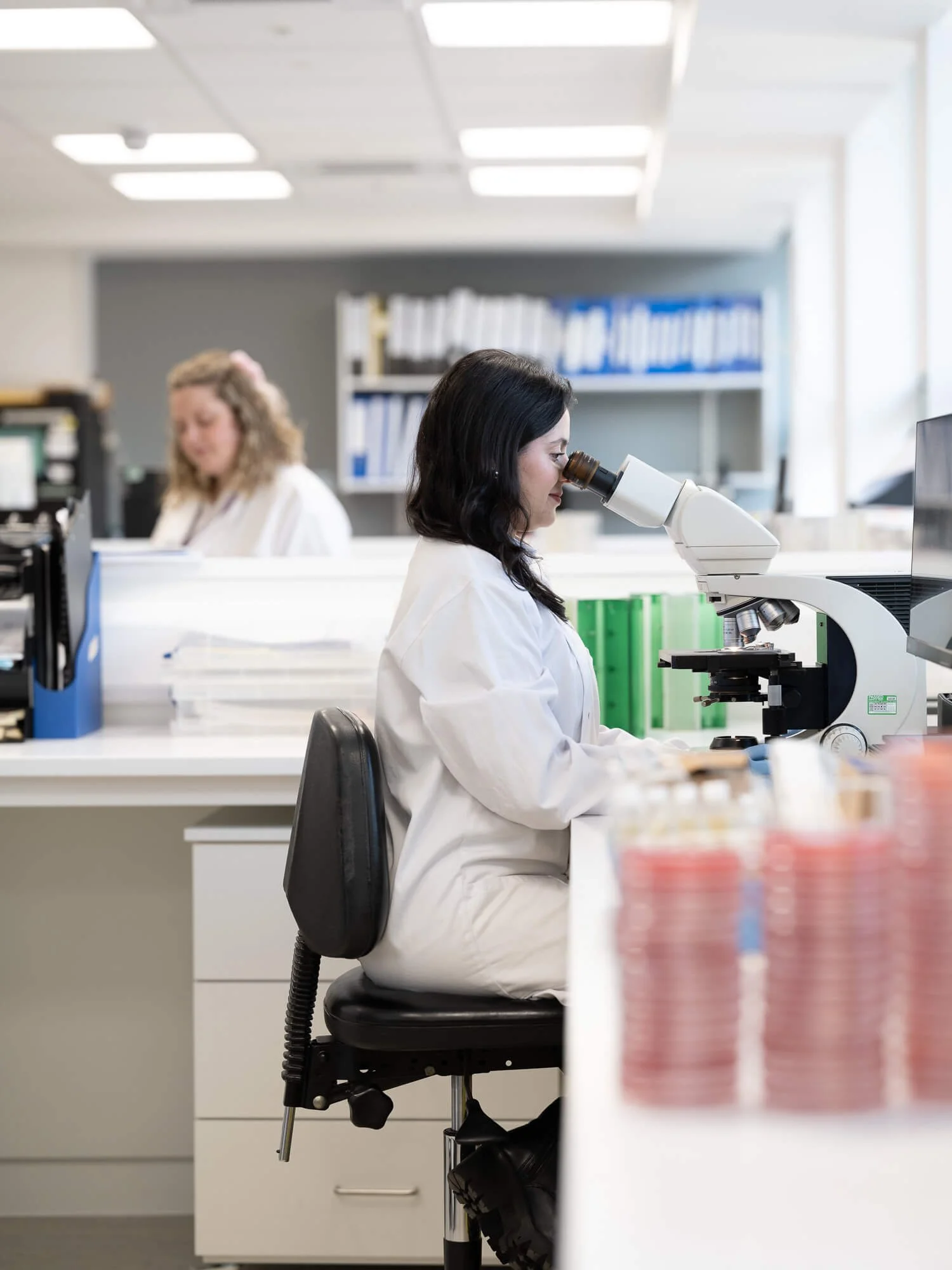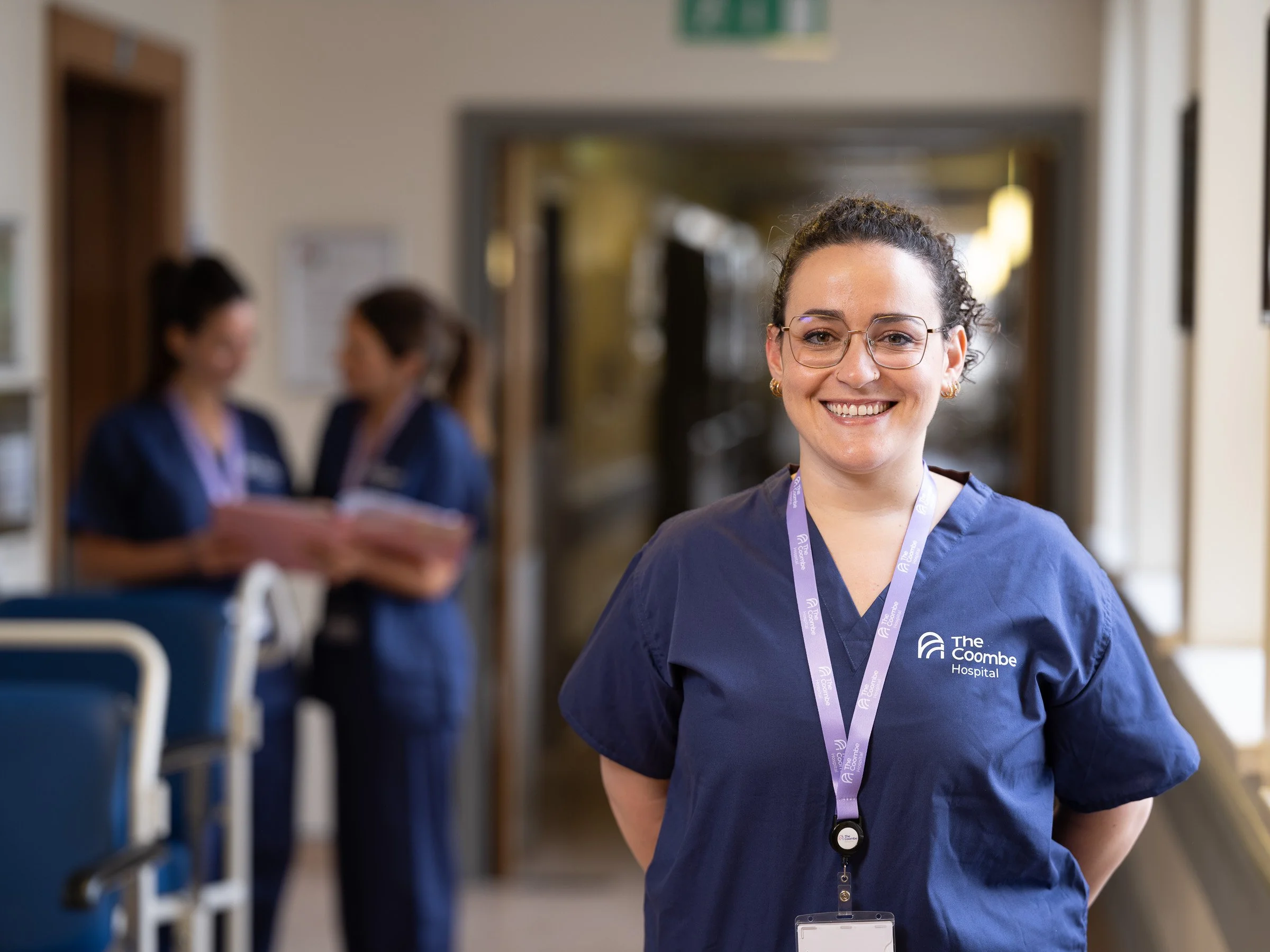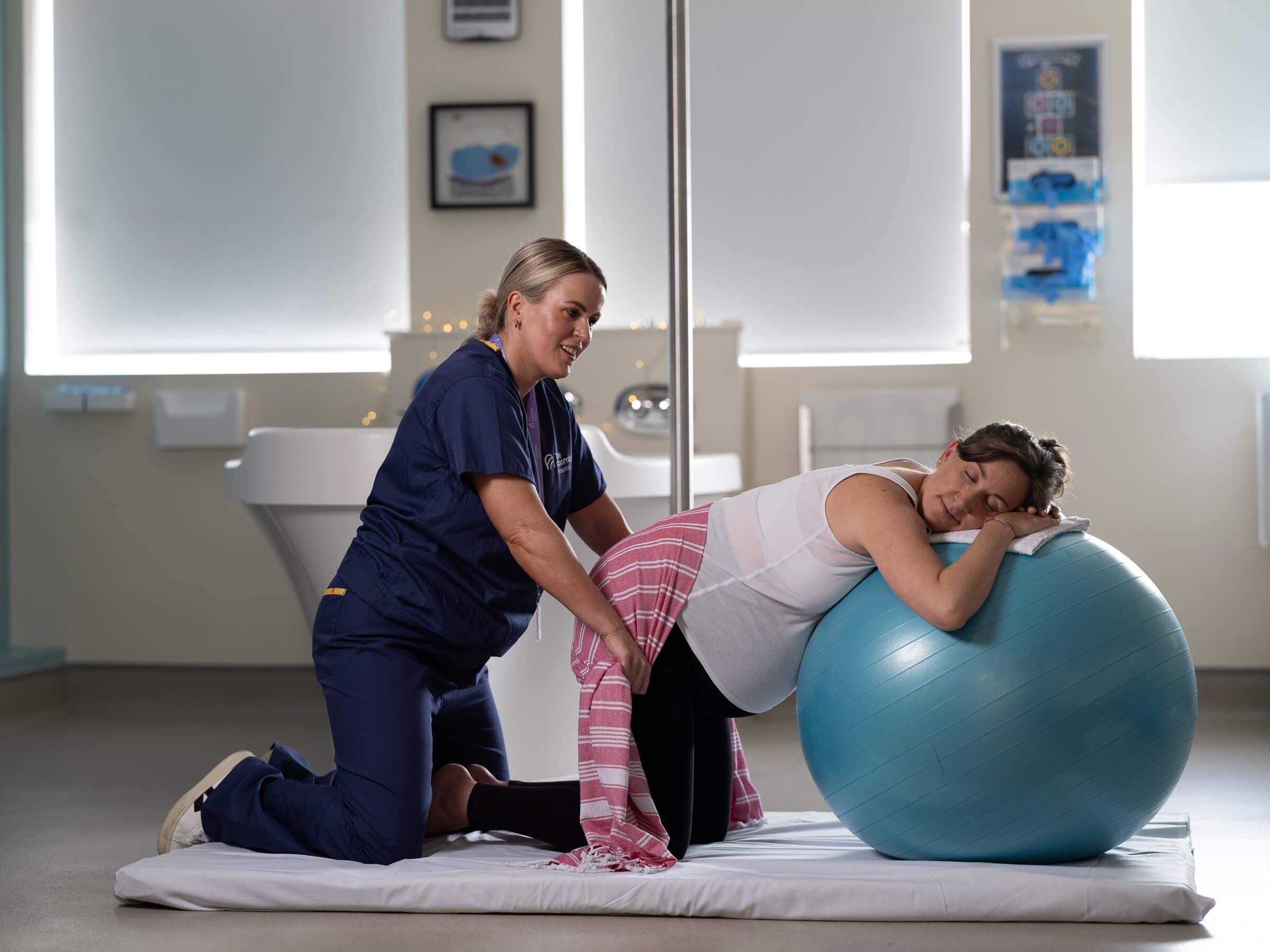

About Our Service
Most women go into labour between 37 and 41+ weeks of pregnancy. During this time, it’s normal to feel tired, heavy, experience backache, pressure, frequent urination and increased vaginal discharge. Rest and preparation are key.
When labour symptoms begin, you will initially present to the Assessment Unit (2nd floor, beside the Delivery Suite). If you are not in active labour and the assessment is normal, you may be discharged home.
When you are in active labour, you will be moved to our Delivery Suites.
Our Delivery Suites
Our state-of-the-art Delivery Suites offer spacious ensuite rooms, including isolation and high-dependency rooms. Here you will receive individualised, evidence-based care from a dedicated multidisciplinary team.
A wide range of birthing aides are available such as birthing stools, birthing balls, bean bags and floor mats. Women are encouraged to mobilise and adopt upright positions. For those needing continuous fetal monitoring, telemetry is available to permit mobility. For women with straightforward pregnancies and no risk factors, a birthing pool is available for water immersion and delivery.
Rooms have dim lighting and salt lamps provide a relaxing atmosphere. You are welcome to bring in your own music, hypnobirthing tracks, cold drinks and light snacks.
How To Recognise Labour
There are 3 main signs:
The most obvious sign is contractions that increase in frequency and duration.
The contractions may be associated with a 'show', which is a sticky, blood stained mucus discharge. This means the cervix is softening and thinning out in preparation for labour.
‘Waters breaking’ - that is the leakage of fluid vaginally. This usually means that baby's head is moving down and your body is trying to start labour.
When Should I Come To Hospital?
If you think your waters have broken.
If you have vaginal bleeding, other than a 'show'.
If your baby is not moving as much as usual.
If you think you are in labour.
Birthing Pool
We have one Birthing Pool available which can be used by women who are healthy, with straightforward pregnancies. If you think that you would like to use the pool during labour please discuss it with your midwife or doctor and visit the birthing pool section of our website, here you will find further information, research and advice.
Caesarean Birth
A caesarean birth is when your baby is born by a surgical operation called a caesarean section. The baby is born through an incision made in the mother’s abdomen and womb.
Pain Relief Options
The Department of Perioperative Medicine provides comprehensive care, and pain relief management to women during pregnancy, labour and delivery.
Your Hospital Bag
It’s a good idea to have your bag packed and ready to go well ahead of your due date, this will ensure you are all set when the time comes for you to attend hospital.
FAQs
-
You can be accompanied and supported by your chosen birth partner.
-
All rooms on the Delivery Suite are single ensuite rooms. Availability of single rooms following delivery are dependant on your choice of care (Public, Semi Private, Private), availability and need.
-
A midwife cares for all women within the Delivery Suite. Care is provided in conjunction with consultants and multidisciplinary teams as indicated. Students working under the supervision of a midwife will assist with providing care.
-
There are no visitors permitted to the Delivery Suite.
-
You are welcome to bring in a portable speaker with your choice of music or battery operated lights to help relax you and enhance the birthing environment.
-
The birthing pool is available to women who are experiencing a straight forward uncomplicated pregnancy.
-
Epidural pain relief is provided by an anaesthetist to women during labour on request. If any concerns or contra indications to an epidural are identified during your pregnancy you will be referred to the anaesthetic clinic for further evaluation, discussion and planning.
-
You will be encouraged to stay mobile and active during your labour. A range of labour and birthing aids will be available for you.
-
The monitoring recommended in labour will depend on any risk factors identified.
Intermittent monitoring with an handheld device is appropriate for someone in spontaneous labour with no identified risk factors.
If risk factors are present or labour is being induced, continuous monitoring will be advised.
Wireless telemetry is available to facilitate continuous monitoring while still allowing you to move around.
-
Women in early labour are encouraged to keep hydrated and eat small meals. When you are in active labour in the Delivery Suite your midwife will advise if you should stop eating.
Patient Experience
Every patient’s path to diagnosis and treatment is individual. No matter your specific journey, we believe in empowering you to take an active role in your healthcare.

Departments & Services

Help & Support
-
Appointments:
All appointments can be directed through Hospital reception: 01 408 5200, 24 hours a day -
Health Insurance:
We operate a direct payment scheme with VHI, Laya Healthcare, Irish Life Health, Garda Medical Aid, ESB, Medical Provident Fund, and Prison Officers Medical Aid. If you are covered by any of these insurers, the relevant insurance forms are signed electronically on your admission to hospital.
Fees:
For more information on Fees - visit our Hospital Charges page -
-
The Resource Page:
Browse our collection of patient resources, brochures, and information leaflets—all in one place. Downloadable and easy to access, these documents cover everything from appointments and procedures to maternity, newborn care, and more.
Contact Us
Tel: 01 408 5200
Find Us
The Coombe Hospital
Switchboard:
Location:
Cork St, Dublin, D08 XW7X






